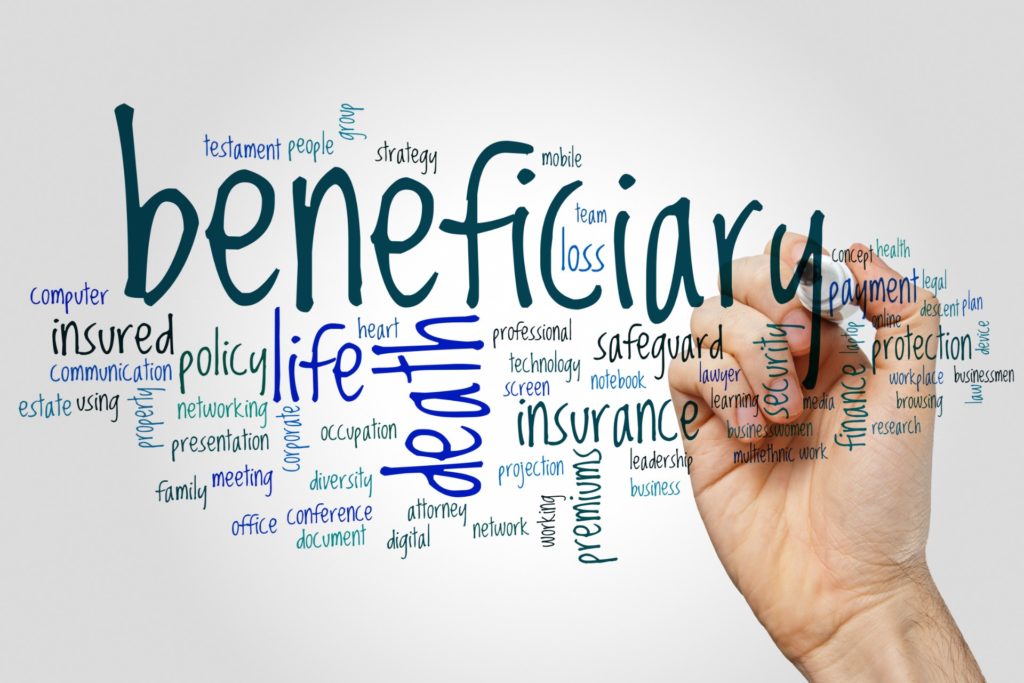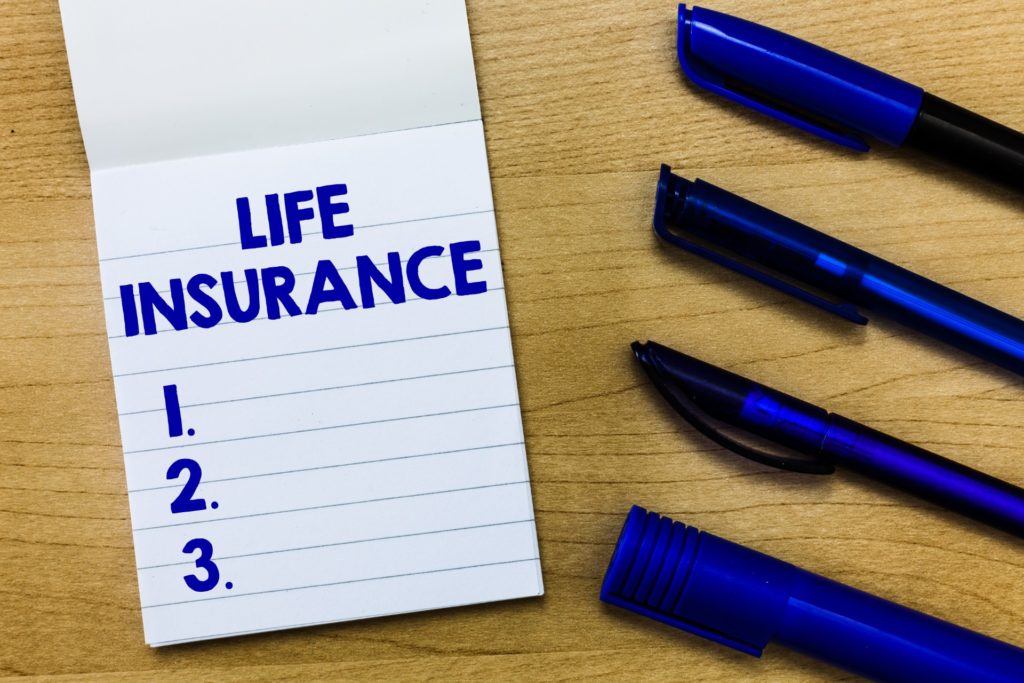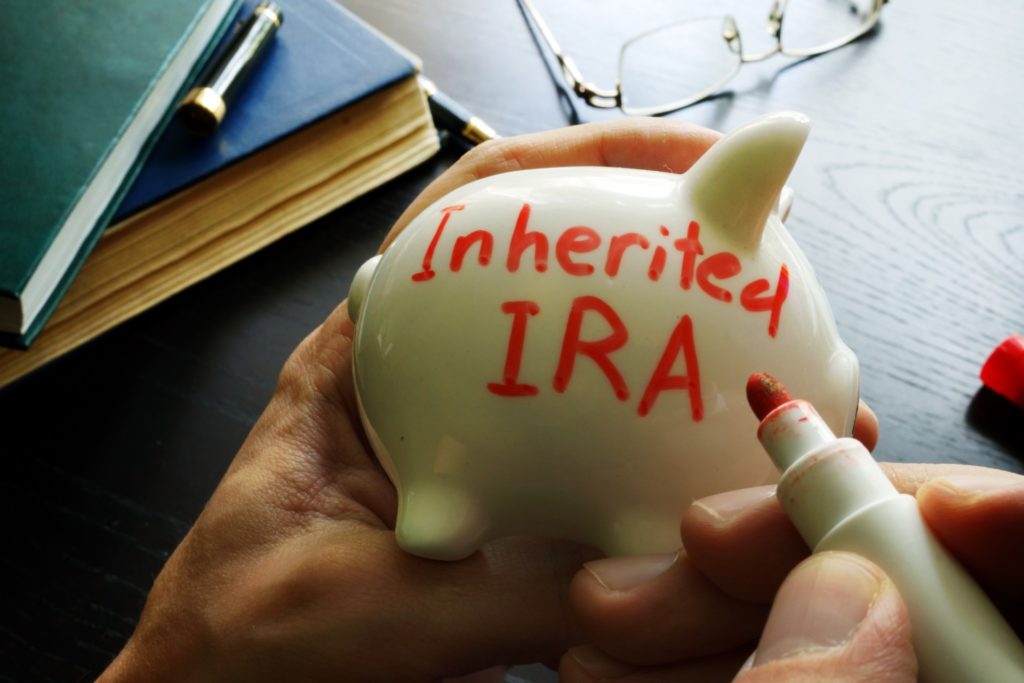
Don’t Loss Your Purpose in Your Retirement
Don’t lose your purpose in retirement. We work with many clients who are about to make a dramatic life-altering change or retire. Many people are very good at planning for the parts of retirement. However, they sometimes forget to include the change of lifestyle that comes without a work schedule, according to Next Avenue in “How to Keep Retirement From Being A Drag.” Most people plan for the financial and legal aspects of retirement: how much they need to save, how much of a bite inflation will take, the cost of healthcare, long-term healthcare, etc. But what about fun? Think ahead about what you are going to enjoy during the retirement years. Work is where many people get their sense of purpose and their identity. Talk to any working parent who steps out of their career trajectory for a few years. It’s a similar shift, except there is no smiling, cooing baby to keep you busy. If you don’t have projects, meetings, or deadlines, or the community of the workplace, what defines you? This sense of being adrift occurs to people regardless of their income level and maybe even more intense for successful people who are used to running a business, commandeering a company, or managing a busy desk. Here are some suggestions for making sure your life during retirement is enjoyable and has purpose and meaning. Set your alarm and have a reason to get up every day. After you’ve taken the big trip, spent time with your grandchildren, and organized your closets, what’s next? It’s time for you now to do things you’ve always wanted to do but could not for reasons of time. That might mean taking up a sport, expanding a hobby, becoming an active volunteer, or returning to school to explore a subject you love. Consider yourself to be on a fixed salary. The transition from paycheck to drawing down savings can be unnerving. You’re sitting on a huge pile of money—but it must last two or even three decades. Create a post-retirement budget before you retire, and don’t forget to include healthcare, taxes, and potential emergencies. Also consider which assets to draw from and in what order. Do you use your 401(k) funds first, or start with cash? Avoid this retirement rookie mistake: taking out too much cash in the initial retirement stage. Talk with your partner and family. Will you both retire at the same time? How will you divide chores if one is still working and the other is not? If your work schedules meant you didn’t see each other for more than a few minutes during the week, spending 24/7 together is a big change. Do you expect to spend all your time together, or will there be some “me” time? Will your children expect you to babysit regularly? An estate planning attorney can advise you on creating an estate plan that fits your unique circumstances, including your retirement years. Reference: Next Avenue (Nov. 29, 2018) “How to Keep Retirement From







